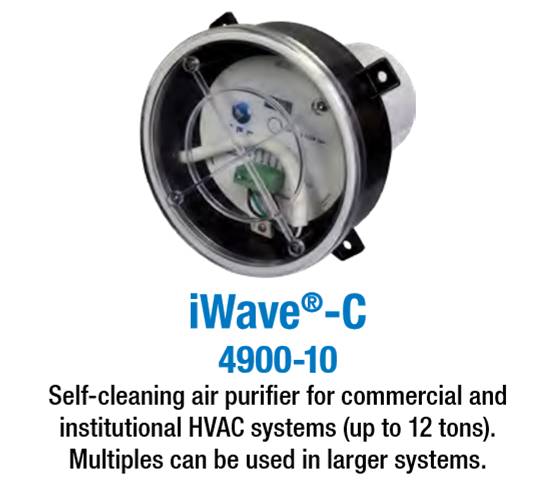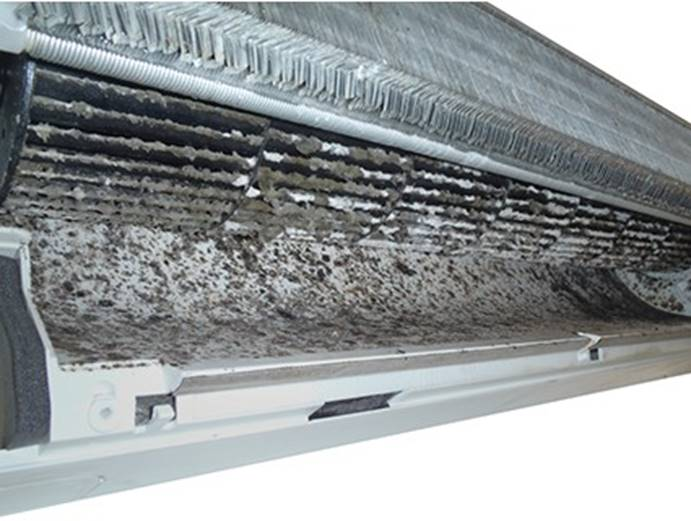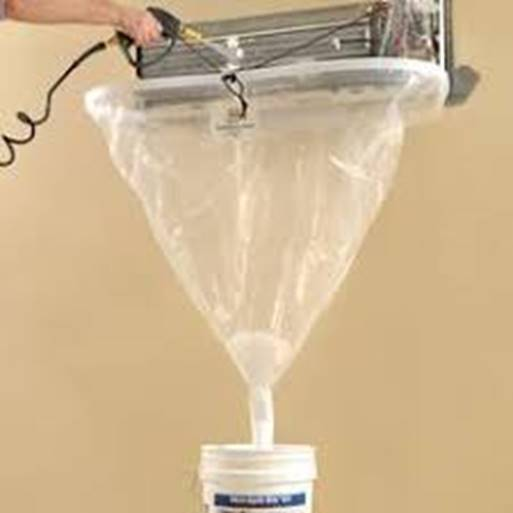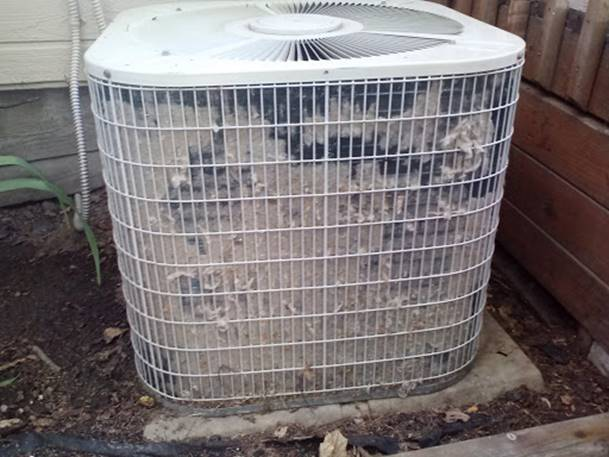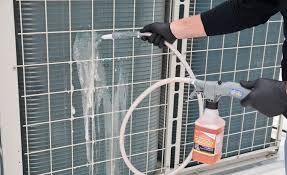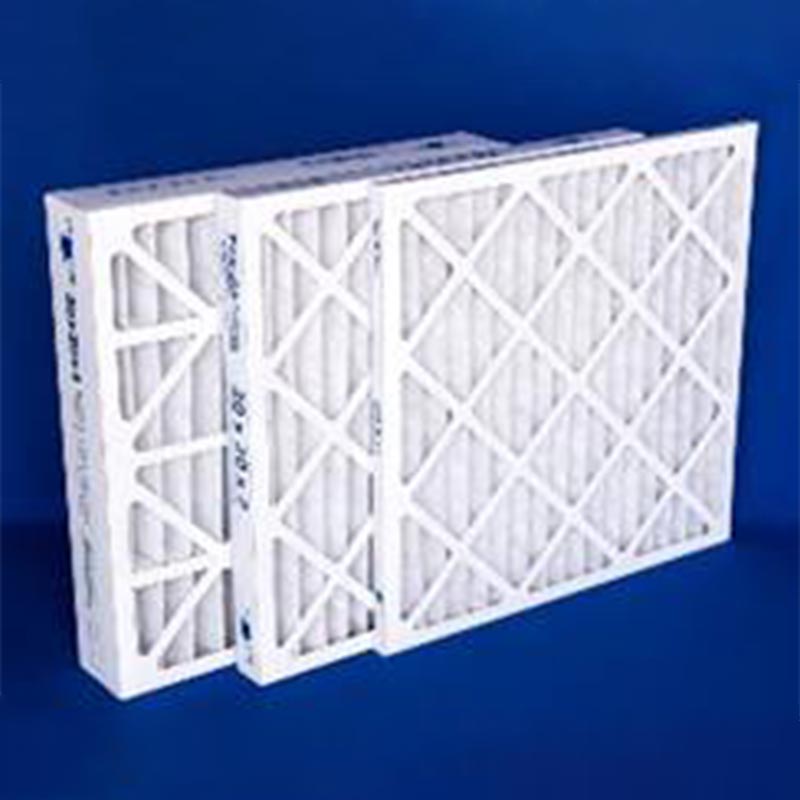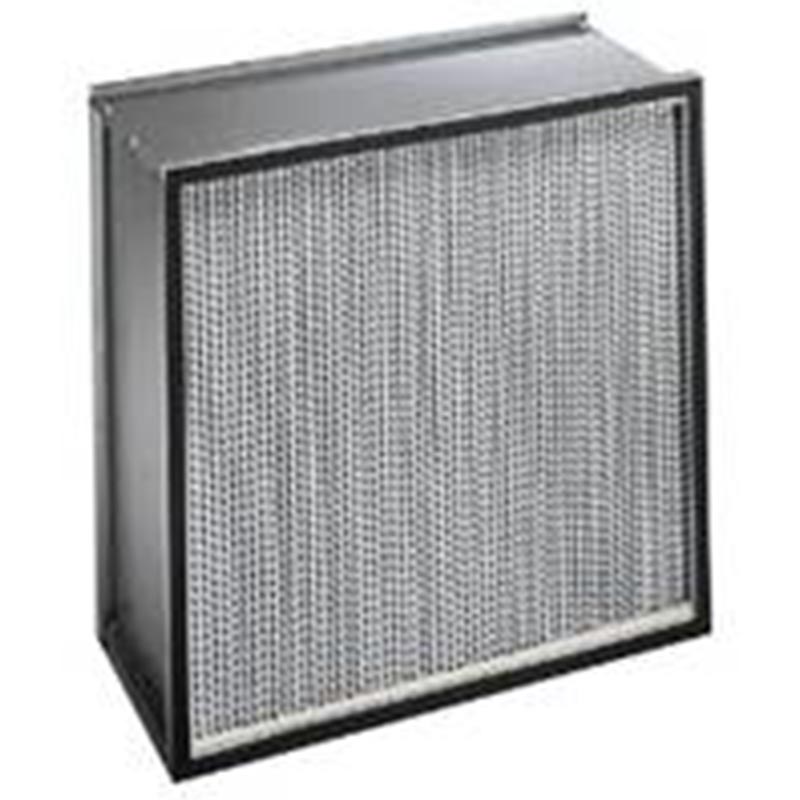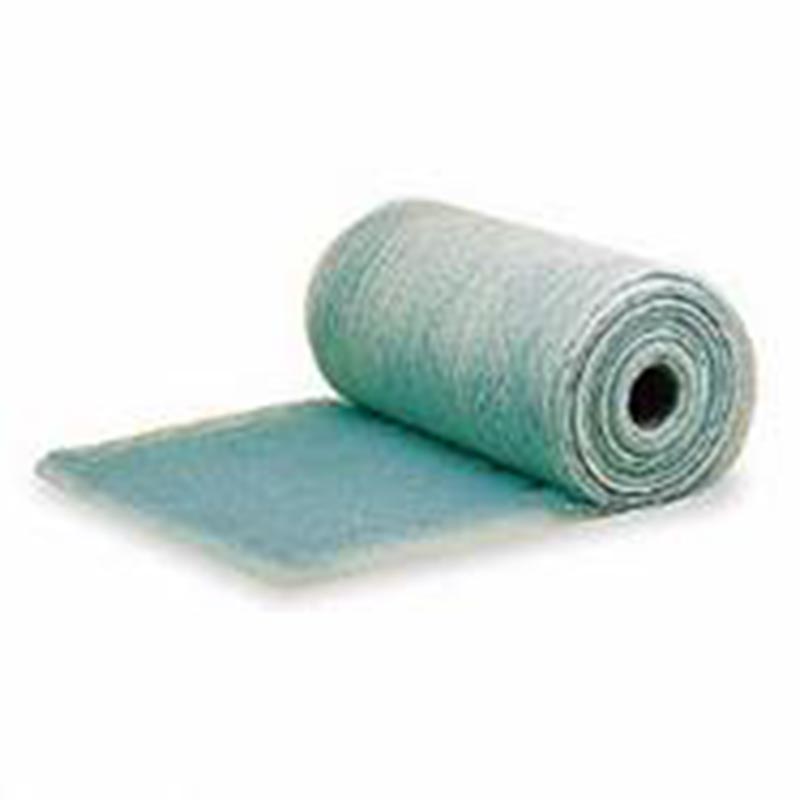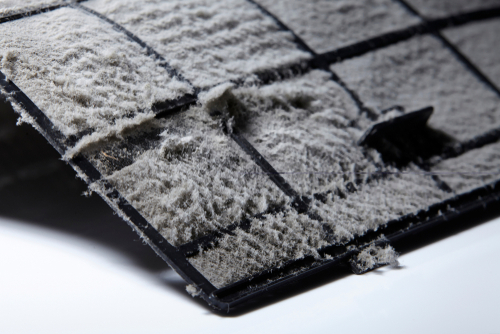Ventilation
Ventilation is required for both HVAC comfort and good air quality. Without the right ventilation in your NH building, you may experience comfort issues and even health problems. ASHRAE have also recommended increasing ventilation to prevent the spread of COVID-19 by diluting virus particles.
ASHRAE’s definition goes on to explain that ventilation is one of the most important jobs of an HVAC system. Without it, your space lacks fresh air and can become stagnant and uncomfortable. Or worse, toxins and contaminants can be trapped, that can make people sick. HVAC systems should include a sensor for these types of pollutants, and carbon dioxide to calculate the amount of outside air ventilation required.
Therefore, adding the correct amount of fresh air from outside to the indoor air in your building is very important. Call our HVAC company in NH for ventilation services today!
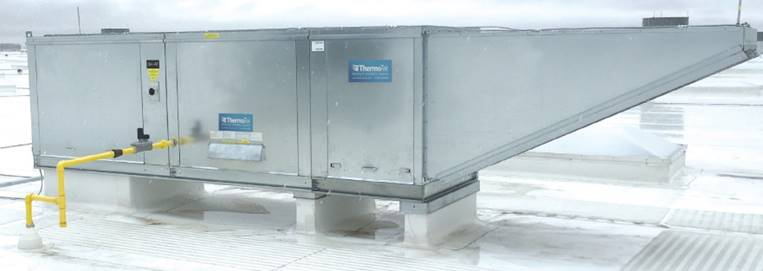
The EPA recommends the use of mechanical ventilation to prevent the buildup of odors, excess moisture and pollutants in your building. Odors are annoying, and in business can cost you money. Moisture can lead to worse problems: mold growth and potential damage to furnishings and equipment.
Mechanical ventilation also provides the ability to expel odors and moisture from areas. Essential for commercial spaces such as manufacturing companies, schools, and hospitals.
Expelling pollutants, specifically Volatile Organic Compounds that you may not be able to smell or detect, is an important step to safeguard the health of everyone breathing the air in your space.
The right choice of mechanical ventilation is very important
There are various types of mechanical ventilation systems; some are connected to your HVAC system, while others are separate. The type that will work best for your HVAC comfort depends on your space, its usage, and your climate. Certain types of mechanical ventilation are designed for hot and humid climates, others for cold climates, and others for a combination, like we experience here in New Hampshire.

